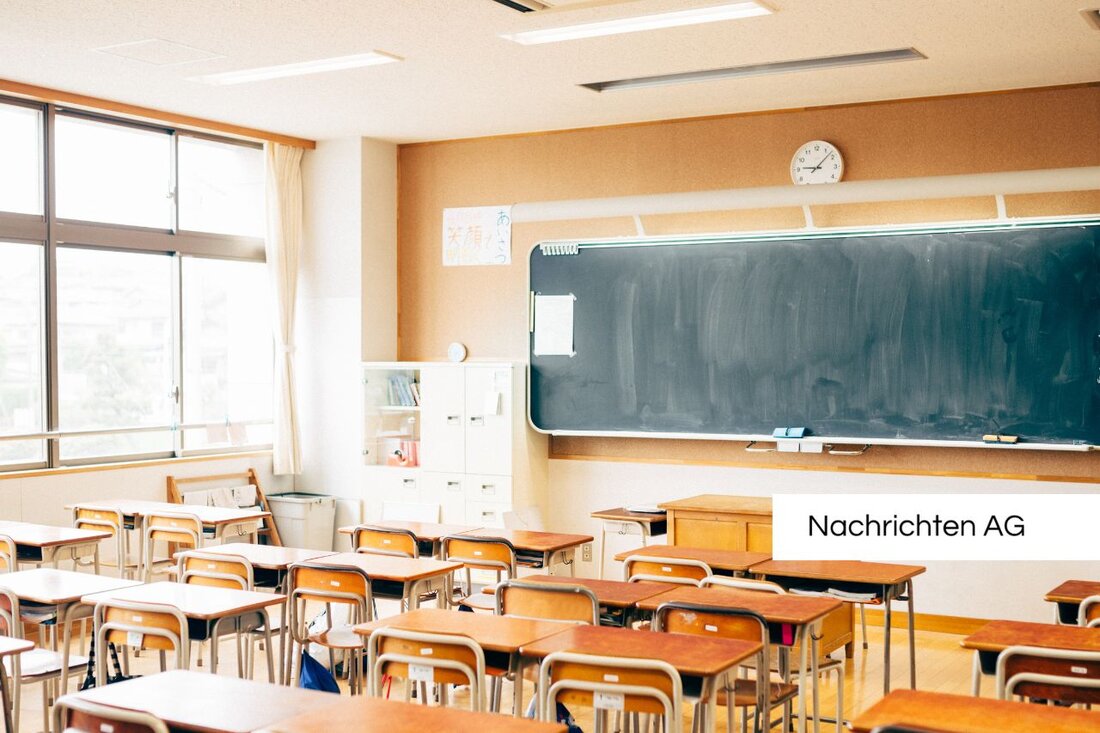Criticism of German funding: Children lost as extraordinary students!
Experts warn of the consequences of inadequate German funding in schools. Necessary reforms for improvement.

Criticism of German funding: Children lost as extraordinary students!
In the current discussion about German funding for multilingual children, experts warn of the negative effects of a strongly performance -oriented educational structure. According to a report of the Kleine Zeitung emphasizes Carmen Kovacs from the association that children often only consider the German language as a means of surviving the Mika-d-test. This one -sided view of language endangers the creative, communicative and social benefit of language skills.
The increasing number of inquiries from kindergartens and schools for support shows that the existing state structures are not sufficient. Kovacs demands that kindergartens are equipped with multi -professional teams that also include German support forces. Natascha Taslimi from the Network Elementary Education Nebö emphasizes that these specialists should be an integral part of the team to ensure effective language support.
The challenges of German funding
The director of the all-day folk school at the Schöpfwerk in Vienna-Meidling, Saskia Hula, comments critically about the current systems. She reports that 90 percent of the students at her school start as "extraordinary students" due to German problems, although most of them were born in Austria. This requires a lot of effort; Around 250 Mika D tests are carried out annually. Hula also criticizes the division into separate German support classes and courses as pedagogically nonsensical.
A central instrument for determining the language stand is the Mika D test, which is used in German funding classes and courses. Schools have had to use this test since 2018 to define the extraordinary status and the allocation of the students, which according to BMB
multilingualism as a resource
During the focus often on the tests, multilingualism should be seen as a valuable resource. The German school portal emphasizes that children grow up multilingual meta-language awareness, which they support in learning further languages. Unfortunately, schools often lack specific concepts to promote multilingualism, and these approaches are rarely integrated into the curricula.
There are efforts to better prepare teachers for the challenges of multilingualism, but the scope of the necessary courses in German as a second language is often inadequate. Verena Blaschitz from the Language Rights network therefore calls for an integrating and supportive instead of separating German funding.
The current debate shows that it is necessary not only to reform tests, but also to adapt the entire structure of language promotion to the needs of children. In order to prevent the loss of creative language skills, it is important to provide comprehensive information and involve parents instead of just referring them to their duties.

 Suche
Suche
